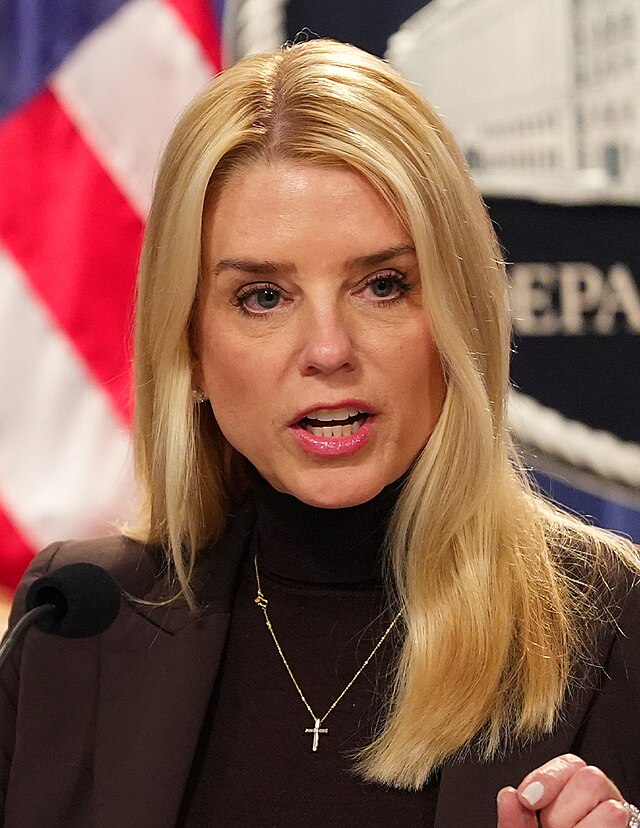NOTE: VIDEO AT THE END OF ARTICLE
Canada Caves, Scraps Digital Services Tax After Trump Ends Trade Talks
Canadian Prime Minister Mark Carney has announced that his government will abandon its controversial digital services tax, a move that comes directly after U.S. President Donald Trump abruptly halted trade negotiations over the issue.
The tax, which was set to go into effect on June 30, 2025, would have imposed a 3% levy on revenues generated in Canada by major tech companies—primarily U.S.-based giants like Amazon, Meta, Google, and Apple. Though passed in 2024, the tax had not yet been implemented, with enforcement originally scheduled to begin this week.
President Trump, calling the tax “egregious” and a copycat of the European Union’s policies, responded by terminating all trade discussions with Canada late last week. In a Truth Social post, he warned of incoming retaliatory tariffs and blasted Canada’s trade policies, especially pointing to their steep tariffs on American dairy exports.
“They have tariffs of up to 400% on our dairy products, and we don’t even talk about it,” Trump wrote.
On Sunday night, Canada’s Department of Finance issued a statement confirming the withdrawal of the tax. The government emphasized the decision was made “in anticipation of a mutually beneficial comprehensive trade arrangement with the United States.” Formal repeal legislation is expected shortly.
The two nations have now agreed to resume trade talks, with a goal of reaching a deal by July 21, 2025. No further details have been released about where or how the negotiations will be conducted.
The digital services tax had been a flashpoint in recent discussions, with Trump indicating that Canada risked significant economic consequences if it moved forward. He suggested a new wave of tariffs could be imposed within a week if Canada didn’t back down.
Despite recent tensions, the U.S. and Canada remain deeply interconnected economically. The U.S. is Canada’s top trading partner, while Canada ranks among the leading importers of American goods. The relationship spans sectors like energy, agriculture, auto manufacturing, and digital services.
The sudden reversal marks a major diplomatic concession from Canada, aimed at preserving the broader economic partnership with its southern neighbor.

Sarah Mitchell is a bestselling novelist recognized for her insightful and emotionally resonant stories that explore the complexities of human relationships. Originally from Denver, Colorado, Sarah grew up in a family of teachers who nurtured her curiosity and love for storytelling. She studied psychology at Stanford University, where she became fascinated by the intricacies of human behavior—an interest that would later shape her writing career. Sarah’s novels are praised for their nuanced characters, intricate plots, and ability to capture the subtle tensions that define love, friendship, and family ties. Her breakthrough novel, The Spaces Between Us, became an instant bestseller, lauded for its honest portrayal of strained family relationships and the fragile bonds that hold people together. Since then, she has published several works that continue to captivate audiences around the world. Outside of her writing career, Sarah is passionate about mental health advocacy and often partners with organizations to promote awareness and support for those struggling with emotional well-being. Her personal life is quieter—she enjoys hiking in the Colorado mountains, practicing yoga, and spending time with close friends. With each new book, Sarah Mitchell cements her reputation as a writer who illuminates the beauty and struggles of human connection.









